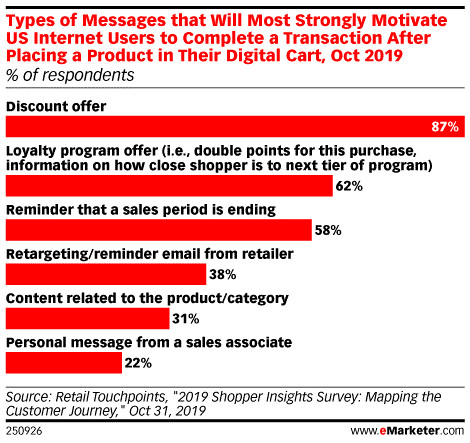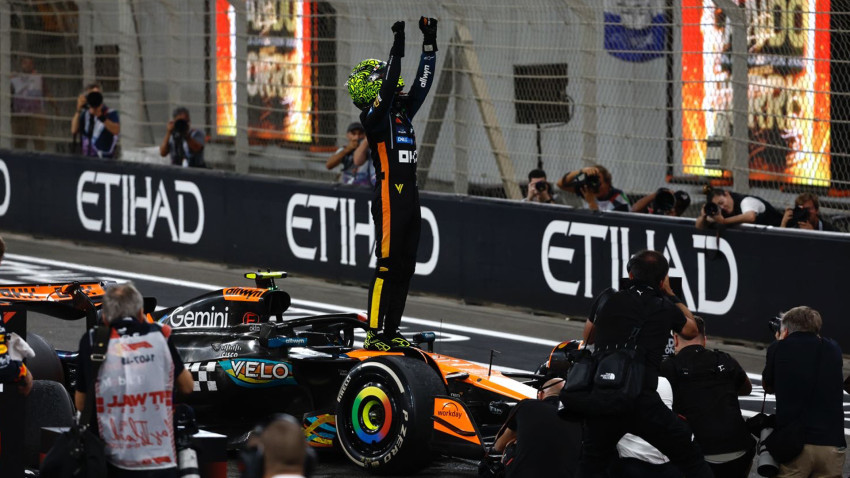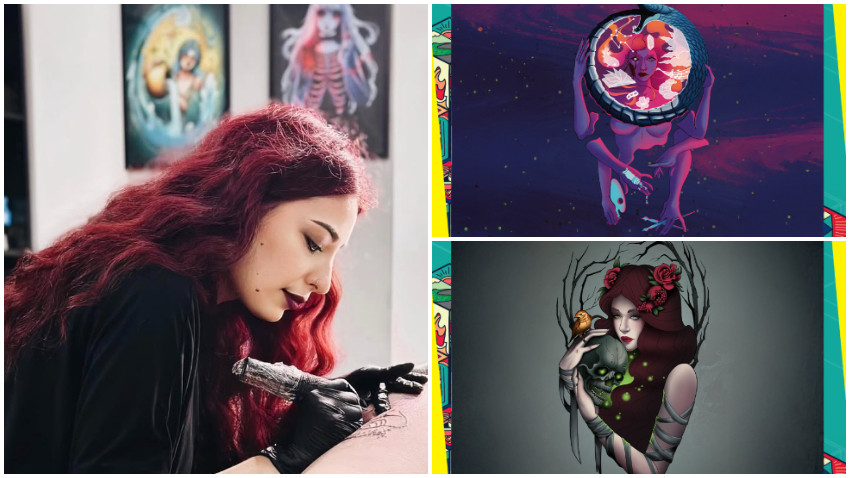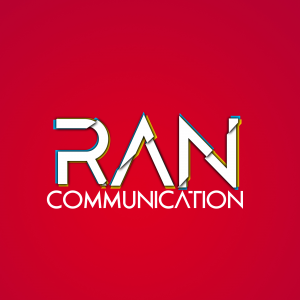As dark financial times triggered by the Low Touch Economy are settling in, several indicators in consumer behavior are spiking. People are, indeed, concerned with the overall economy and their personal financial outlook.
Looking from a distance, it’s only natural to assume this translates into the symptoms of a new state of cautious and economizing behavior. And rightfully so, as it turns out the pessimistic prospects are driving a forceful appetite for deal hunting. Can we expect brands to meet this demand with a fast promo “bloodbath”? Probably. But what’s even more interesting here is the extent to which consumer behavior is modeled by economic downturns.
Mark Dolliver reports in eMarketer: “strict economizing will be less of a departure from recent behavior than one might suppose. The thing is, cheap skating never went away, even as the Great Recession receded into the past. Of course, some people never recovered from that recession, and some struggle with low incomes even in a robust economy.
What’s striking, though, is how ubiquitous price-consciousness and deal-seeking remained even as consumer confidence rose and unemployment declined. Sure, some consumers succumbed to frugality fatigue and loosened their spending. But deal-seeking remained top of mind for many consumers across income brackets and age groups.”
It's not a passing phase. We may probably enter a long “dance” of deal hunting and deal offering. And it’s likely the consequences will last much longer than the crisis itself. Deal hunters will stay deal hunters, at least in some aspects of their shopping behavior. But what’s the hidden opportunity here? Let’s take another look at eMarketer data:
While it’s true this precedes the crisis, we’ll take the liberty to extrapolate. In the near future many more people are likely to enter a brand’s ecosystem through discounts. But keeping them in by the same discounts might damage the brand equity and prove unsustainable in the long run. However, there’s another option.
Transitioning the new customers to a loyalty system looks to be almost as efficient and can prove to be less risky or damaging. It’s a more indirect way of taking advantage of the very same behavior, as within a loyalty system deals can be redefined, repackaged or stretched over longer periods. We surely think this might be one of the winning market strategies in the following period.
Considering the economizing behavior is here to stay, building innovative loyalty systems might not only help marketers take advantage of the new consumer mindset, but also act as a safety net for the strong brand equities out there.
-------
Andrei Balan is Head of Strategy at MRM Romania
These are the times when people need to learn from each other more than ever. Times when sharing knowledge is a practice everyone must embrace for the sake of better tomorrows to come. That’s why at McCann Romania, we decided to create a platform where everyone can share their pieces of advice for the industry in different formats. Strategic Hack is the format where experts prove through different perspectives that pretty much anything can be hacked with strategy.



























